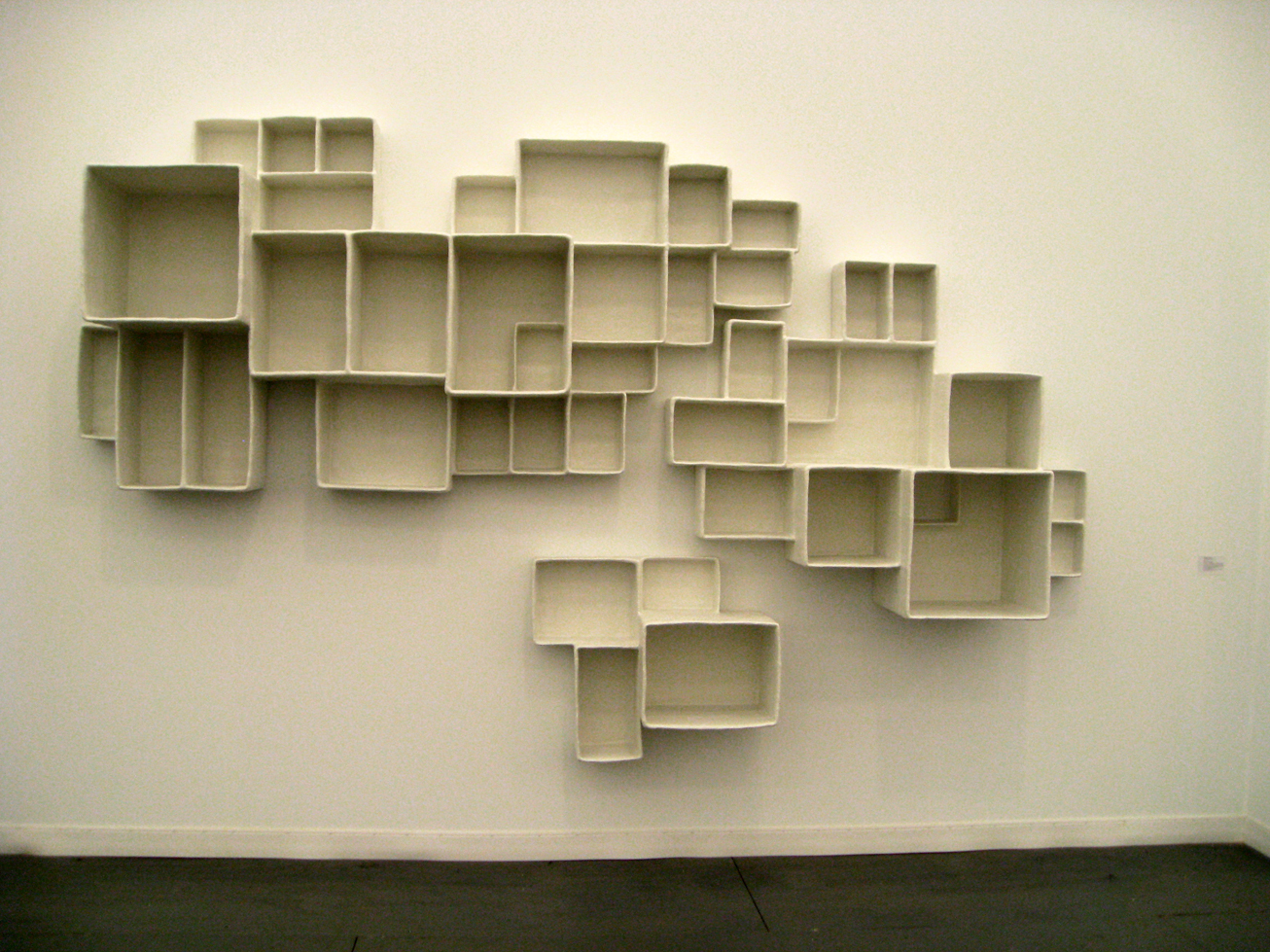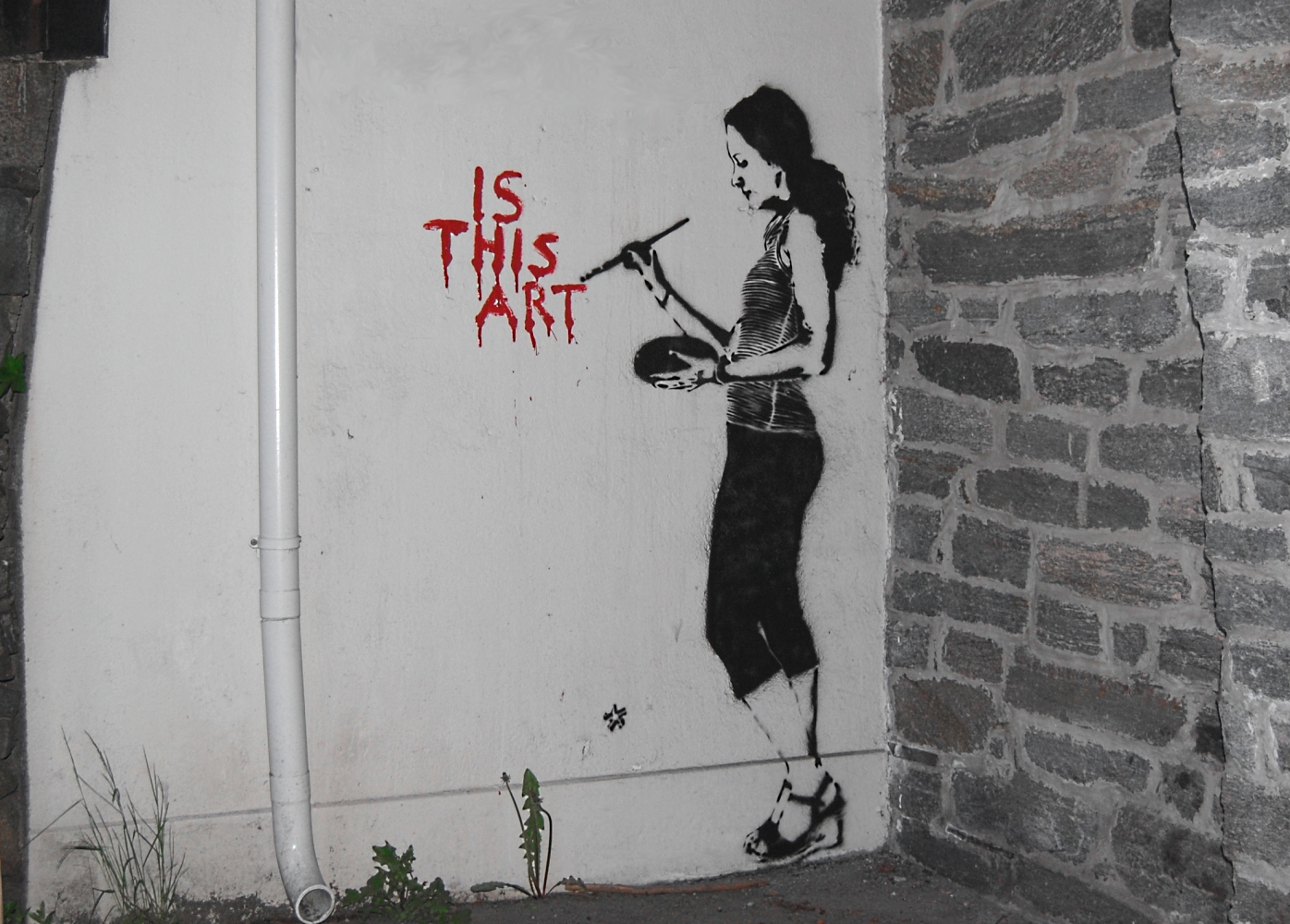 |
| Van Gogh (duh) |
What is art? There is the technical definition, of course, of art: "the expression or application of human creative skill and imagination, typically in a visual form such as painting or sculpture, producing works to be appreciated primarily for their beauty or emotional power" What does that even mean, though. It is so subjective, what people consider beautiful and pleasing to the eye. By that definition, it doesn't even have to be pleasing to the eye. Art is whatever you consider art, essentially. My mother and I were having a debate on the train on our way back from an art museum, with her laughing at many of the exhibits in the contemporary art section of the museum.
 |
| Picasso |
Some things are obvious to most people, things like landscape scenes, scenes of love, etc. that are realistically drawn in a way that no one else can draw them. Then there are more unpleasant scenes, scenes of war and crucifixion and the like, that may be hard to look at, but are just as skillfully drawn.
Yet the definition of art has shifted for centuries. Van Gogh is considered an artist by everyone now, priceless. Back in his time, however, his strokes were too rough to be valuable. Art had to be realistic and smooth. Over time, it shifted to whatever was considered pretty essentially. There is no baseline for what is considered art, no set criteria it seems. I'm not an artist myself, only an admirer, so I don't know what rubric the professionals use to determine how one piece of art is better than another, but there doesn't seem to be any.
 Contemporary art has been reviled for centuries; that is, every artist who decided to push against the norm, has been denigrated for it. Abstract art, surrealism, anything outside of the norm has faced some criticism. Everyone who has tried to be different has been told he or she is "not really an artist". Artists need to take risks. Sometimes, those risks may not pay off, but it is what it is.
Contemporary art has been reviled for centuries; that is, every artist who decided to push against the norm, has been denigrated for it. Abstract art, surrealism, anything outside of the norm has faced some criticism. Everyone who has tried to be different has been told he or she is "not really an artist". Artists need to take risks. Sometimes, those risks may not pay off, but it is what it is.
Still, it's undeniable that those types of art do require some skill. Not everyone can do it. That's what makes it special, obviously.
 |
| Pollack |
 |
| Agnes Martin, minimalist |
No one can really determine art, as much as we all want to. As much as certain "art" hardly seems like art and makes our blood boil, it is if some people say it is. Or maybe it exists in that awkward space where it both is and isn't art at the same time. Who is anyone to define art? As long as people are inspired, as long as they are animated, does it matter?
Of course, who am I to say? Countless of more qualified people have been having this conversation for decades, and none have been able to reach a proper conclusion, either.


No comments:
Post a Comment